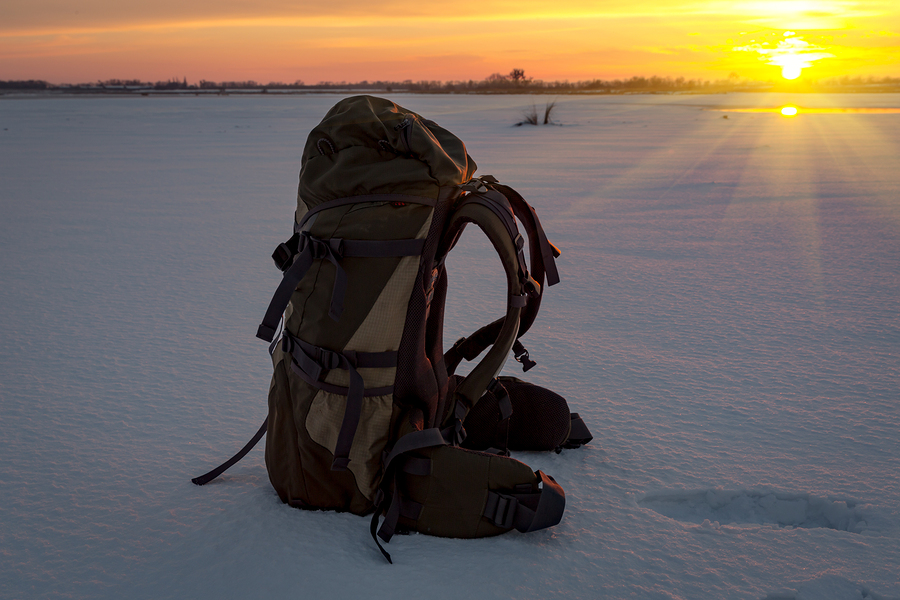Hundreds of climbers every year attempt to reach the summit of Mount Everest, the world’s highest mountain. Without Sherpas, most climbers would not be able to get up the mountain. Sherpas are so often the difference between triumph and tragedy; climbers understand that they are setting themselves up for failure if they choose to go it alone.
“They are the ones who guide the climbers, put up the ladders in the treacherous Khumbu icefall, put up the tents and stock them with food and fuel, hump the oxygen bottles up high on the mountain, and string a rope line from basecamp to the summit, which climbers clip into to keep from falling off,” writes Mark Jenkins, an award-winning adventure writer who summited Everest in 2012. He suggests that without Sherpas there would be “precious few ascents” up Everest.
Business leaders often find themselves having to climb their very own ‘mountain’, but might not have considered or be aware of the support that’s available to them to help ensure a smooth and successful ascent.
Here’s how a business ‘Sherpa’ can help you navigate up the mountain towards your unique summit:
1. Carrying the bag
Sherpas are often tasked to do the heavy lifting for some or all of the ascent, allowing the climber to focus on putting one foot in front of the other and to keep moving forwards.
Sometimes as a leader in business, it can feel like you can’t make the progress that you want, due to being weighed down by the everyday operational responsibilities of running a business or leading a team. You know the direction you want to move in, but taking the steps is something else entirely.
A business Sherpa will pick up the slack until you feel ready to carry the bag again, guiding you until you’re comfortable moving forwards with the extra load.
2. Interpreting the weather
Sherpas will use their vast experience to make forecasts about the weather and then guide climbers accordingly. If they think that conditions are not looking favourable, they will discourage climbers from attempting to scale the peak for safety reasons and promote patience – urging climbers to wait for a window when the sky looks clear.
Business Sherpas will also use their knowledge and insight to advise leaders whether it’s a good time to think about taking the business in a new direction. One of the most difficult things for any leader is deciding whether or not to grow the business. A Sherpa will take an objective view, in the best interests of your business, giving you the confidence to either press on or bide your time.
3. Walking close to the edge
When climbers embark on their ascent, they understand that there will be moments which really test them. However, only when they are up on the mountain might they realise how close to the edge they must tread if they want to make it to the top. A Sherpa will assure them that while what they’re doing carries significant danger, it’s their only option if they want to achieve what they set out to achieve.
It’s very much the same in business. Nobody starts their own business without being fully aware of the dangers. But they sometimes underestimate how dangerous things can get. It might be that they’ve fallen behind on paying corporation taxes, PAYE or VAT and can’t see a way out of danger. A Sherpa will look to offer a route out of the financial difficulties to safer, more stable ground.
4. Ensuring health and wellbeing
The most important job that a Sherpa has is to ensure that the climber survives the test. By and large, surviving a journey to Everest comes down to one key problem: the atmosphere at high altitude. Altitude sickness can strike as low as a few thousand meters, and the human body must adapt as greater heights are reached. If a Sherpa senses that a climber is not adapting and their health and wellbeing is beginning to suffer, they will delay the ascent until the climber has recovered.
As a business leader, it can sometimes feel like the air is beginning to thin. It helps to have someone who is looking out for you – not just professionally but personally, too – and who’s prepared to tell you when something is off-mission or likely to impact your wellbeing; helping you to regain some clarity and a sense of perspective, but also a life away from work.
A Sherpa is there for the entire climb, not just when things get dangerous. That way they can get to know you and what you want to get out of the journey. So, find yourself a business Sherpa that is prepared to be there for you, every step of the way.






